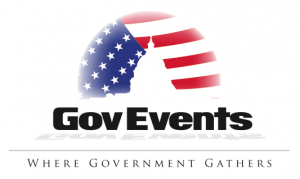
Looking for a new job, whether you are currently employed or unemployed, is stressful. Luckily, job seekers have more options than ever when it comes to connecting with employers. Virtual job fairs have come a long way since being widely implemented during pandemic lock downs. A variety of platforms now offer job seekers and recruiters an incredibly interactive experience from the comfort and convenience of home or office. In-person events are now back and provide an outlet for people who feel more effective in a face-to-face environment (or simply just want to get out and mix with people).
However you choose to participate in a job fair, the preparation is key. Job fair organizers stress that it is critical to do your research and go into each event with a plan that includes:
- What companies do you want to meet with
- An understanding of those companies' business
- A list of current open positions of interest
Recruiters should similarly do their homework, looking at registration lists and identifying people they want to attract to their booth. With basic preparation, there are some tips that are unique to each type of event. Continue reading



 Job Fairs exist to provide both job seekers and employers a convenient place to get access to a large number of what they are looking for -- jobs or qualified people. During the pandemic this process became even more convenient and scaled to provide more access to people and companies as these events moved online.
Job Fairs exist to provide both job seekers and employers a convenient place to get access to a large number of what they are looking for -- jobs or qualified people. During the pandemic this process became even more convenient and scaled to provide more access to people and companies as these events moved online.

